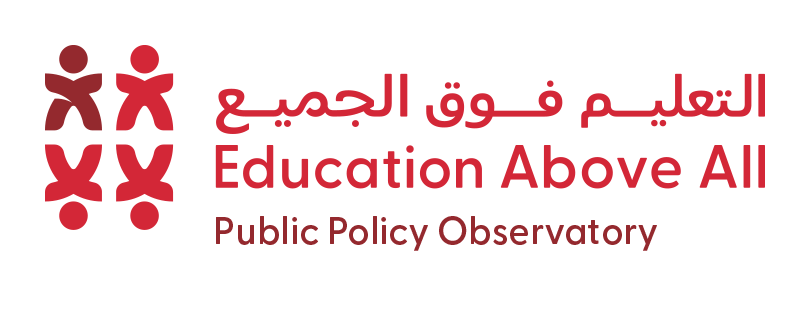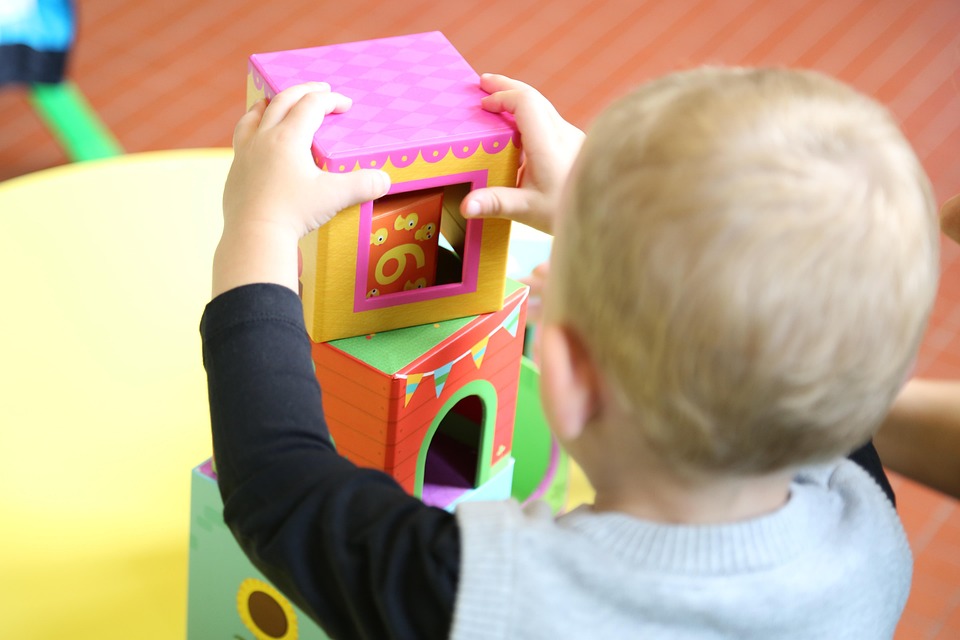Context and Issue
In rapidly urbanizing developing countries like India, nearly half of the world's children now reside in urban areas. Within India, approximately one-third of urban dwellers are children, many of whom live in informal settlements where conditions often hinder healthy development. Overcrowded living spaces and unsafe outdoor environments impede early childhood play and learning opportunities. With an estimated 121 million urban children in India facing these challenges, there's a pressing need for interventions to support their development.
Solution
Between 2013 and 2015, researchers collaborated with Pratham to assess the effectiveness of an early childhood psychosocial stimulation program in Cuttack, Odisha. This initiative aimed to enhance children's social and cognitive development, potentially supplementing the country's extensive network of informal preschools. The program targeted children aged 10-20 months in peri-urban informal settlements. Home visits formed the intervention's core, where trained staff educated caregivers, typically mothers, on interactive play techniques using low-cost materials. The program drew inspiration from successful models like Jamaica's Reach Up and Learn curriculum.
Impact
Evaluation results demonstrated significant positive outcomes. Children who participated showed improved cognitive development and language skills, with a particularly notable impact on receptive and expressive language. Additionally, there was a marked enhancement in the quality of home environments, driven by increased availability of play materials and activities. Moreover, maternal depressive symptoms decreased, possibly due to the social support provided by home visitors. However, the intervention did not notably affect maternal knowledge of child development.













